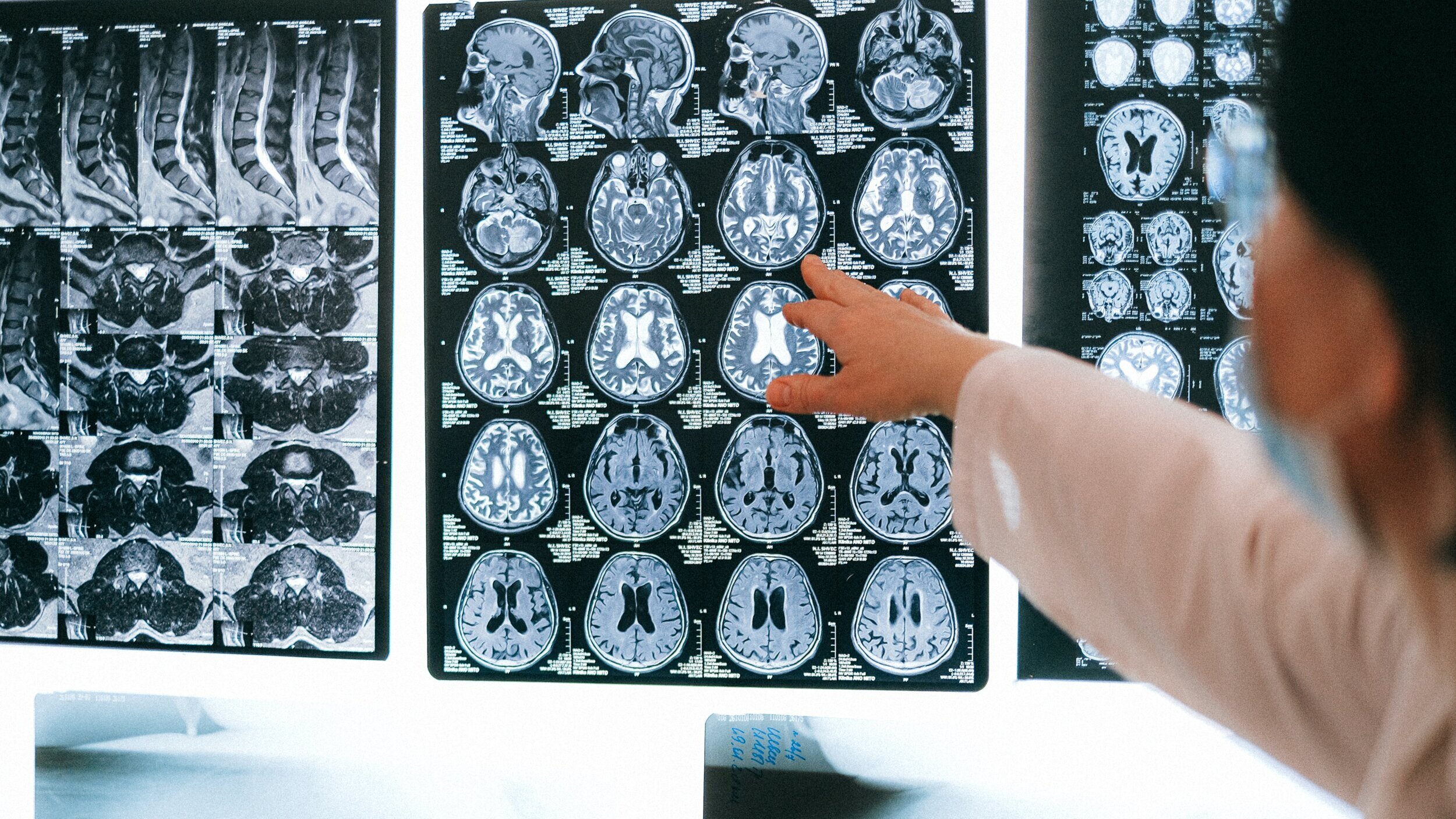Abandonment Trauma + Attachment Styles
In modern life it is very common to become disconnected from the ones around us. When this disconnection is the result of being excluded by others, the effect on our mental health can be very serious. We may have experienced abandonment as children, with ghosts of our experience still haunting us. We may also be (or feel) abandoned as adults by our loved ones, whether that be by friends, family or romantic partners. In any of these cases, it is best to think of abandonment as a type of trauma.
Betrayal Trauma - What Is It and How to Cope
Many people have experienced betrayal in some form or another, but very few think of it as a traumatic event. In fact, when most people hear the word “trauma” they immediately think of war veterans or people who have experienced physical or sexual abuse.
On Abusive Relationships: How They Start & Why We Stay
Many of the people that I work with, or have worked with in the past, have suffered from some form of abuse or another—whether emotional, physical, spiritual, financial or sexual abuse. The reality is that abuse doesn’t discriminate, and people from all walks of life, cultures, socioeconomic status, race, and so on, can suffer from abuse.
3 Things To Do Before You Leave An Abusive Relationship
For those of you who may still be on the fence about whether or not your relationship is abusive, however, reflect for a moment on the following (the opposite of an abusive relationship):
How Does Trauma Affect the Brain? - And What It Means For You
When we go through trauma, our brains don’t function like they normally do. We shift into survival mode. Like a deer in the headlights, our brains direct all our mental and physical energy toward dealing with the immediate threat until it’s gone. In normal situations, this state fades over time. Trauma isn't just something we experience after being in a warzone or in a violent situation, we can be traumatized by our relationships.
The Case for Yoga as a Part of Your Mental Health
Whole Wellness Therapy understands that any successful approach to mental health must be holistic to succeed. One of our core techniques is acceptance and commitment therapy (ACT), which works to radically change our relationship with our emotions. What makes ACT successful for treating many mental health conditions, including trauma, is its use of mindfulness. Yoga itself can be a meditative and mindful practice, as the yogic asanas (postures) and focus on breath work not only allow us to get better in touch with our bodies, but provide an excellent starting place for us to better understand our own minds.







